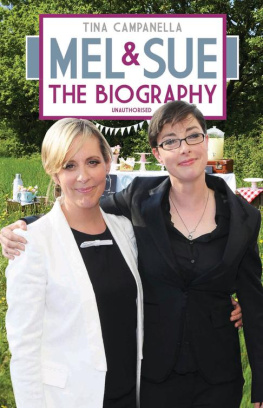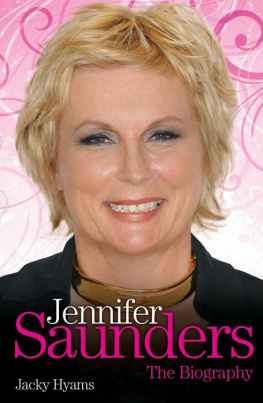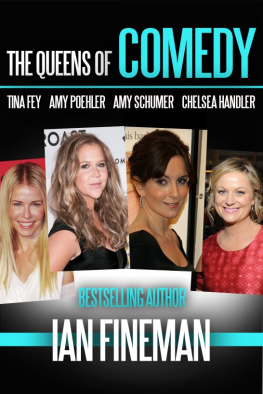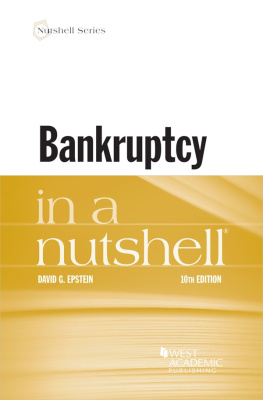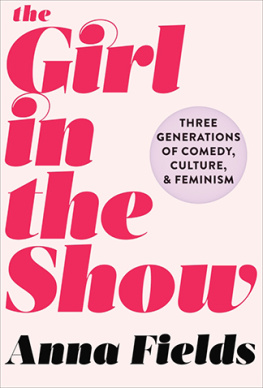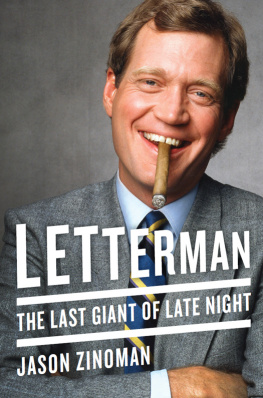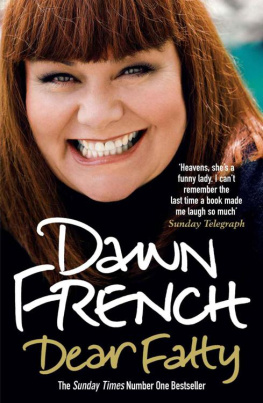I f you were a student during the 1990s theres one daytime programme youll not have missed: Channel 4s Light Lunch.
Coming from seemingly out of nowhere, its two refreshingly different presenters reduced the country to fits of laughter. With their extra servings of boundless energy and awful puns, Mel Giedroyc and Sue Perkins soon turned the light-hearted cookery chat show into a staple part of the British TV diet.
But as quickly as their fame had risen, it soon began to sink: quitting the show that had made them household names they decided to take their double act down a number of different celebrity paths, but none of them replicated the success theyd first achieved with Light Lunch.
Finally they split, going their separate ways to seek their own recognition. It would be nearly a decade before the country tucked into a Mel and Sue comedy feast once again: in the form of the instant BBC hit show, The Great British Bake Off.
Hotting up and cooling down, and with a few buns in the oven in between, this is the story of Britains new favourite female comedy duo and the complicated road they walked to becoming the nations sweethearts they are today.
The only way to get attention was to throw yourself off the top of a ladder as one of my cousins used to do or make people laugh
Mel Giedroyc, quoted in The Guardian, 2012
M elanie Clare Sophie Giedroyc was born on 5 June 1968 in the market town of Epsom, Surrey. Growing up the youngest of four in a lively, bustling household, from the moment Mel could talk it was clear that she would have to work hard just to get a word in edgeways: but in hindsight, with such a confident and talented set of older siblings to inspire her, Mel was always going to be a success.
Her elder sister by six years, Mary-Rose Helen (known as Coky) Giedroyc is now an acclaimed and award-winning film and TV director. She is best known for her work directing British television dramas such as Wuthering Heights, Carries War and Oliver Twist and was nominated for a BAFTA for The Virgin Queen. She is married to baronet Sir Thomas Weyland Bowyer-Smyth, making her official title the rather grand Lady Bowyer-Smyth.
Mels other sister, Kasia, is the wife of British diplomat Philip John Parham and is a teacher, author and champion of childrens rights. She is the author/editor of the Teach Africa book series, which aims to educate British children about the developing world.
Elder brother Miko is a respected musician and composer who has written for The Spectator. And mother, Rosy, is an artist, but amidst all the family-life creative din, Mel steadfastly forged her pathway to individuality by making everyone laugh.
When youre the youngest of a large, exhibitionist family, you have to do something to get your parents attention, she has explained to The Daily Mail. I was pretty goofy and got all the hand-me-down clothes. I looked like a boy short hair, very small, big teeth youve got to go for the gags.
Its not surprising then, that although she had a happy childhood, she admits she was an extremely competitive child, with a prodigious work ethic that would continue to serve her well throughout her life.
But while Mels early life sounds about as middle class and English as you can get, youd be deceived if you were to think that her family was that comfortingly normal: in fact, their story is much more interesting than that.
The Giedroyc familys strong work ethic comes from their father, and originally stems from a part of Mels history that wasnt openly or explicitly discussed until relatively recently: her father Michals astounding early life.
There is a clue in her name, which looks beautifully complicated to pronounce (its Ged-roych) and is certainly unusual in the showbiz world. Most people with an even vaguely exotic real moniker give themselves a simpler, more catchy stage name early on in their careers: Demetria Guynes became Demi Moore, Krishna Pandit Bhanji changed his name to Ben Kingsley, and Georgios Panayiotou transformed into George Michael.
But Mel is proud of her family name, and rightly so there was no way she was going to change it, especially once she learnt about its proud heritage: the Giedroyc family is descended from a very distinguished line of medieval Lithuanian noblemen. Mel herself is the seventeenth-generation grandchild of Prince Bartlomiej of Lithuania, prominent member of the countrys sixteenth-century Grand Duchy.
As a child, Mels father Michal lived on a grand manor house estate in Poland, the treasured son of Polish war hero Tadeusz Giedroyc, who, after winning numerous medals for valour, had been made a Senator of the Second Polish Republic.
But the now critically-acclaimed historian has just a few scant physical reminders of this prestigious heritage, among which are some of the family silver (two forks and two spoons), which his mother managed to save, and a prayer book given to him on his first communion.
Michal had lived a peaceful early life riding horses and playing with his pet dogs until the onset of the Second World War turned the familys charmed life upside down. Aged just 10 when the war broke out in 1939 he could only watch in horror as his brave father was taken away to be tortured and imprisoned in Minsk. He would never see him again.
Michal, along with his mother and two sisters, was also dragged from the affluent family seat in Lobzow, East Poland, by the invading Soviet Army. Their beloved home was subsequently razed to the ground. Banned from taking any personal belongings, and newly designated as enemies of the people, they were dispatched by train in a sealed cattle-truck to Siberia.
The subsequent two-week journey was almost indescribably hellish. There were no toilet facilities, just a hole in the floor, which they shared with more than 40 other people. Once a day they were given water; once a week food. They were treated as less than human.
Michal and his family sat by a window for fresh air, and it was from there that he saw the prison where his father was being held, as the train passed slowly through Minsk. In Siberia they were locked up in horrific work camps a far cry from the life they had known and treasured in Poland.
It was just the start of an odyssey that Mel had always heard stories about I only gave you anecdotes, her father told her many years later but didnt know the full horrific detail of for decades. And it was a journey that would both define Michals life and instil in all of his children a powerful world view.
There is definitely a strength in all of us as a family, Mel said to the Daily Express in 2010. I have a strong need to achieve things for myself and I think that comes from him.
For just over two years, the pre-teen Michal and his family were forced to perform backbreaking manual labour, which swiftly overcame most of their fellow captives, who perished around them from hunger and neglect.
Miraculously, Michal and the Giedroyc women survived the ordeal and were eventually released and deported, as war continued to tear Europe apart. Destitute and half-starved, the family could only attempt to walk their way through uncertain territory to find some kind of safety. But as terrifying and difficult as this must have been, Michals father had not been so lucky.
Unbeknownst to his anxious family, after two years of unimaginable torture, Tadeusz was shot at the side of a road by retreating Russian soldiers in 1941 a heartbreaking end that went undiscovered by the Giedroycs for seven years.
It must be very hard for a fatherless boy to make his way in the shadow of such horrific events, Mel said in the same interview with the

